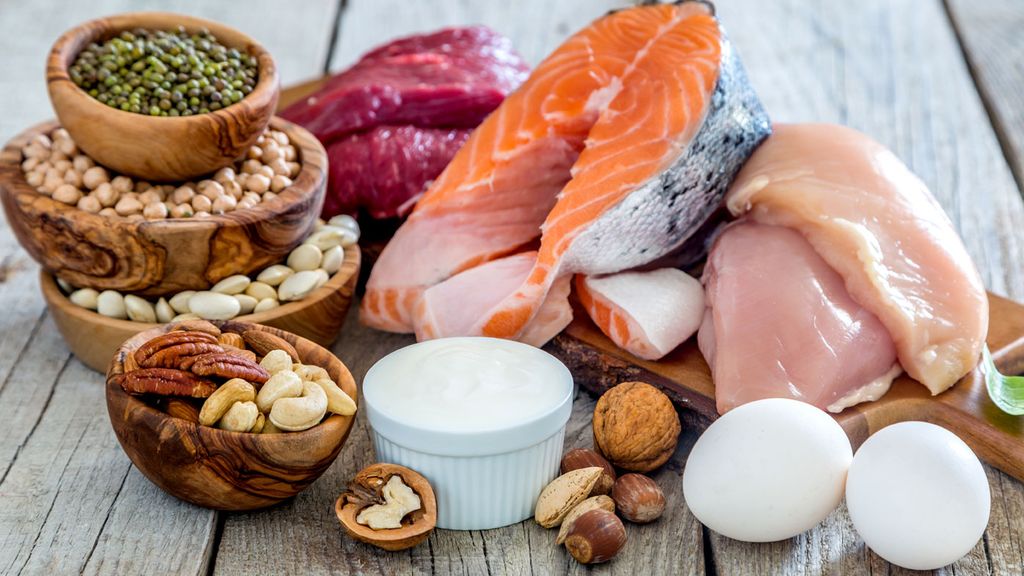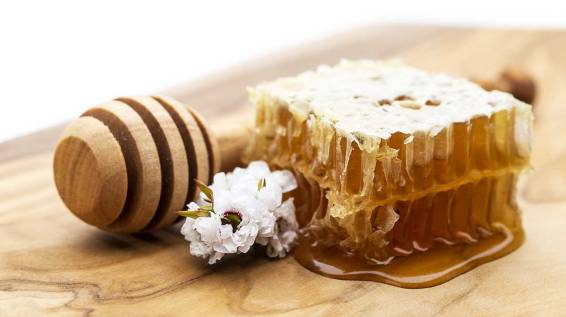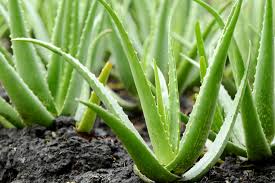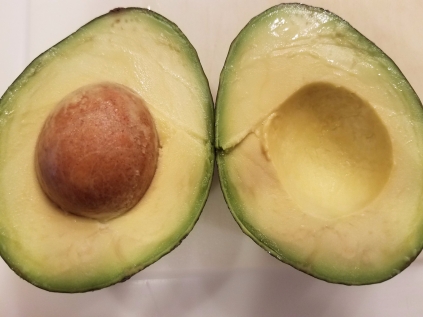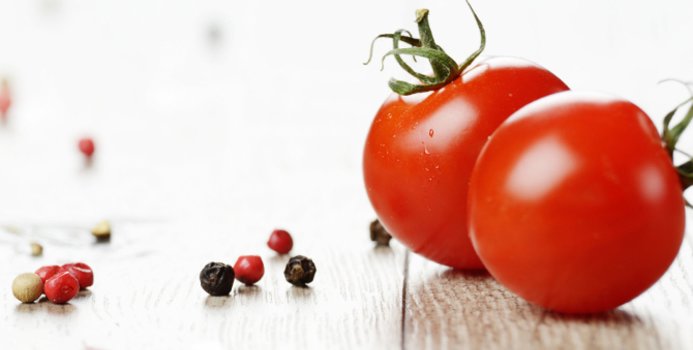Since we are in the midst of summer, I thought it would be a good time to focus on skin care and how to keep your skin protected. As we all know, it is ideal to wear sunblock all year round, even when the sun is not shining. Research has found that taking certain supplements can help improve the quality of your skin and slow down aging. The connection between nutrition and the strength of your skin is a very interesting topic that many people do not know about or think to look into. Internal factors do affect the aging of skin, similar to the aging patterns of internal organs.
Research has shown that the most effective way to work against internal skin aging is eating a nutritious diet, getting the correct amount of sleep and consuming a diet rich in antioxidants.
The following supplements are ideal for skin health:
Vitamin C and E: Vitamin C is not naturally synthesized in the body, so it is important to consume it daily. It is found in many fruits and vegetables. Vitamin C stabilizes collagen and plays an important role in collagen synthesis (collagen is the most abundant protein in your skin). It is found in many topical skin products that prevents aging and sun protection. Vitamin C and E work together to help rebuild and protect the skin. They may reverse some of the discoloration and wrinkles associated with aging, because they have been shown to speed up the skin’s natural repair system.
Fish oil: Fish oil supplements contain omega-3 fatty acids which support collagen growth. It also helps regulate the oil production in your skin to boost hydration and prevent acne. It also delays the skins aging process.
Coenzyme Q10: Co Q10 is a fat soluble vitamin that is stored in the fat-tissues of our bodies. It is a powerful antioxidant compound and is found in the epidermis in the skin. It has been shown to help the cells grow and has been shown to minimize the appearance of wrinkles if applied to the skin topically.
Vitamin A: Vitamin A is a highly effective antioxidant. The human skin is enriched by lycopene and beta-carotene (both forms of vitamin A). Vitamin A also increases cell reproduction and stimulates collagen production. It treats fine wrinkles, age spots and rough skin from sun exposure.

